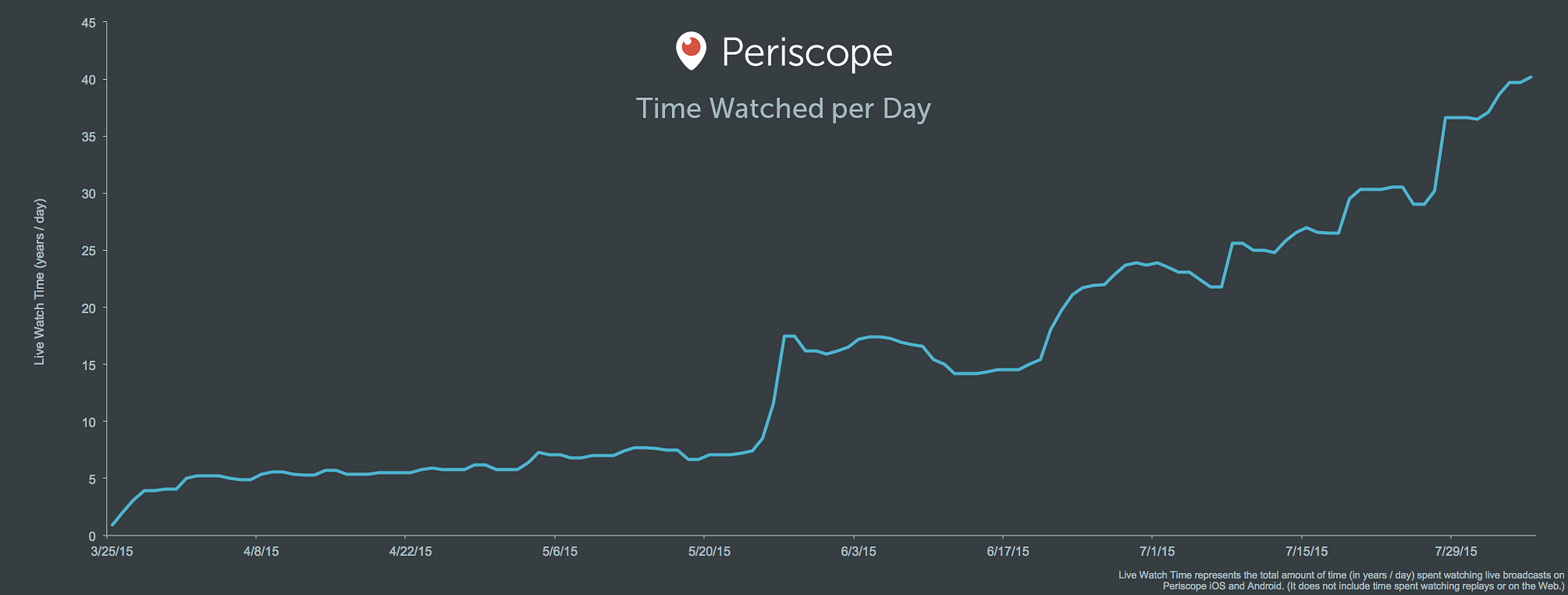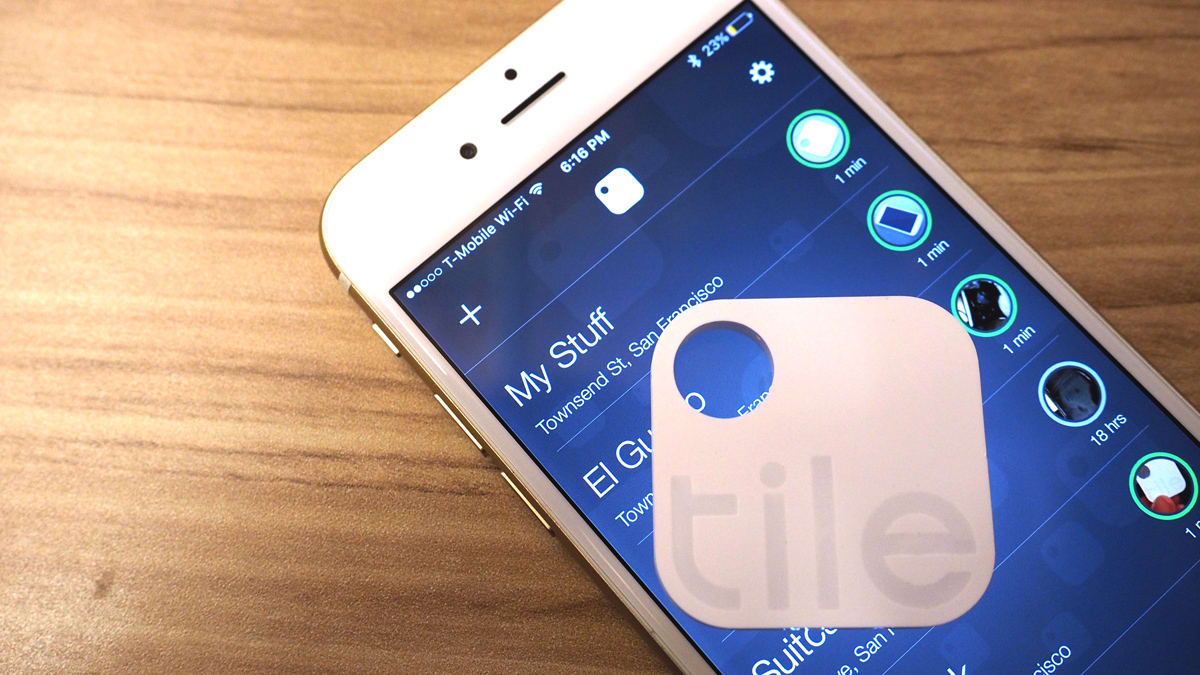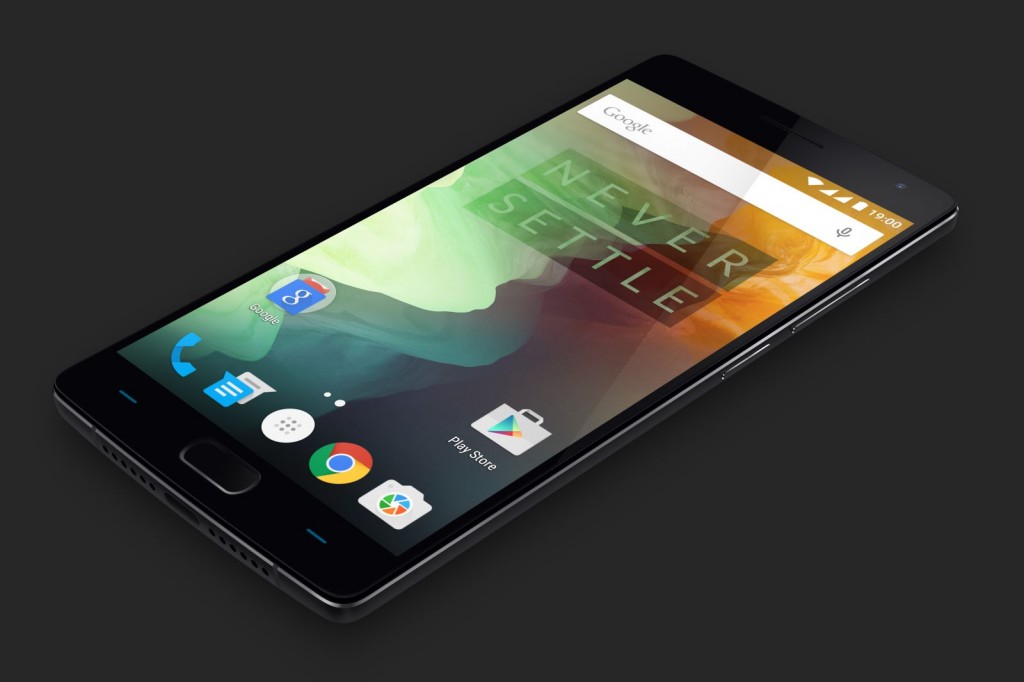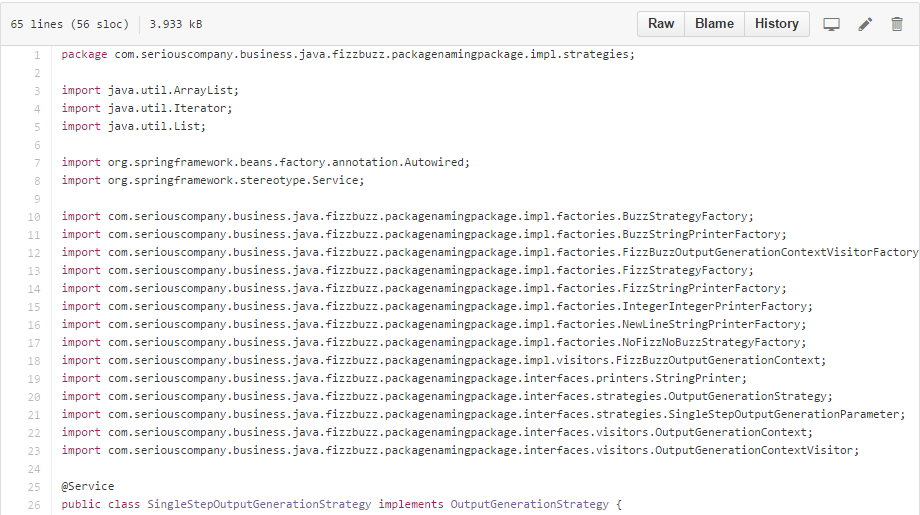Sections
Mars
[avatar user=”malm” size=”small” align=”left” link=”file” /]
Tim Urban of WaitButWhy.com is a well-known admirer of Tesla CEO and SpaceX Founder Elon Musk. His latest post is an epic article on “how and why SpaceX will colonize Mars”. It reads like science fiction but his post is based on extensive personal interviews with Musk and meticulous background research on SpaceX’s Merlin engine technology and Falcon 9 rockets. The key to keeping costs down is ensuring SpaceX can successfully create a reusable launch system:
For Urban the analogy is with the creation of the New World from the perilous landing at Plymouth Rock to the fanning out across the West. Mars today is as outlandish a proposition as the unknown American landmass must have seemed in the 15th century. The business plan for SpaceX’s colonization of New World 2.0 on Mars is essentially built on a reverse engineering of that history. Whether you agree with it or not, it’s an inspiring and thought-provoking read:
Today, no one is talking about Mars, and very few people think of Mars as a relevant part of the near future. But unless I’ve missed something big or something unexpected happens, in about 10–20 years,people will start going to Mars. You could go to Mars in your lifetime. Crazy things are on the horizon.

Devices and Manufacturers
- The Verge report on Samsung’s New York based Global Innovation Centre in which the Korean giant is trying to marry US startup DNA with their traditional scale manufacturing strengths.
/cdn0.vox-cdn.com/uploads/chorus_asset/file/3965244/samsung_startups_office.0.jpg)
- Gartner are reporting that although still expanding, global smartphone market growth is slowing increasingly prompting OEMs like Samsung to look at tactics to get iPhone users to switch to Android. In terms of market share, it’s all about iOS and Android now with Windows Phone and everything else squeezed into less than 5%.
- The Verge review the Moto X Play camera and find much to like suggesting it is a “massive upgrade”

- The Telegraph cite evidence suggesting significant Apple Pay takeup amongst Apple Watch users:
Independent research platform Wristly asked around 1,000 respondents whether they were using the contactless payment system on their Watch, 80 per cent of whom said they were. Around 9 per cent said they preferred to pay using their iPhone 6 or 6 Plus – the only compatible iPhones at present.
Android and Google
- The M in Android M will stand for Marshmallow:
Marshmallow!!! pic.twitter.com/3JYkCBWD1R
— Dave Burke (@davey_burke) August 17, 2015
- Google revealed information about how its networking infrastructure has evolved over the last decade. As far back as 2004 the company decided to build its own hardware and custom-built switching software resulting in a distinctly proprietary setup:
“We build our own software and hardware using silicon from vendors, relying less on standard Internet protocols and more on custom protocols tailored to the data center”
- Today that setup has evolved into a hugely powerful system that is able to give the company a considerable technology and performance advantage over any would-be competitors:
“Google’s current setup, the so-called Jupiter network, has 100x more capacity than its first-gen network and can deliver a stunning 1 petabit/sec of total bisection bandwidth. The company says this kind of speed allows 100,000 servers to read all of the scanned data in the Library of Congress in less than a tenth of a second.”

- The Register on how the Stagefright Android exploit saga continues to rumble on. The fundamental issue from an end customer perspective is the time it takes from the release of a patch to the release of a corresponding OEM update that end users can install over the air:
“Even Nexus devices, which Google has the most direct control over, will have to wait until a September release for an update to the insufficient Stagefright patch. This lag time between having a fix in hand and distributing it to the user base is simply too slow to be reasonably safe”
- A number of GMS apps that are currently mandatory requirements for OEMs to preload into a GMS-compliant Android smartphone will no longer be so in future:
The updated guidelines remove the restriction from an OEM to ship its devices with Google+, Google Play Books, Play Games, and Newsstand pre-installed. Instead, users who want these apps on their device can always head over to Google Play and install them manually.
- Asymco offers his insights into the creation of Alphabet as a holding container for the different entities that sat beside each other within old Google:
In summary, Google A is altruistic, Google B is pragmatic. Google A engages in research, Google B engages in commerce. Google A operates in a structure similar to a Bell Labs for the good of humanity[4], Google B operates in a structure similar to AT&T and collects monopoly rents but without any government oversight.
- Google’s modular smartphone initiative Project Ara is part of their ATAP (Advanced Technologies and Products) division which it seems will remain part of Google rather than a separate unit in Alphabet. Either way, Ara’s commercial launch is being delayed yet again this time into 2016 with drop test failures implicated as the reason at first. TechCrunch aren’t entirely sure where Ara will fit into ‘Alphabet jazz’ eventually, but for now “the latest Ara-shaped notes emanating from Mountain View are sad trombones“. Another blog post outlines the “rules of the road” for a modular device, namely:
- It must be the same size and weight as competing products.
- It must make no compromises in terms of styling,
- It must offer the same functionality as competing products.
- It must come at the same price point.

Apps and Services
- This fascinating Medium post outlines how mobile devices have exploded into significance as a media consumption platform in just 5 years led by millennials and increasingly teens. In the process the nature of attention, and correspondingly what brands need to do to retain it, has fundamentally changed:
Social and mobile have fundamentally altered attention. Platforms for self-expression and communication are the largest and most important media companies of the millennial age, dominating share of attention and engagement for young people. And the behavior of the young is predictive of the future. Facebook, YouTube, Twitch, Tumblr, Snapchat, Reddit, WhatsApp, Instagram, Vine and YouNow were all catalyzed by teen use first, and later spread to older age groups. If you want to know which companies to bet on, just follow the attention.

- Periscope is a good example of a “platform for self-expression” and this week revealed 10 million accounts just four months after launch with approximately exponential growth:
“We define Time Watched as the aggregate amount of time that people spend watching live broadcasts on iOS & Android. As of last week, we’re seeing over 40 years of video watched per day.”

- The saga of the Ashley Madison data heist undertaken by Impact Team grew legs and walked this week with news of the dumping of 9.7GB of data apparently containing credentials for 37 million users. Ashley Madison seems destined to become the grimmest of internet security cautionary tales with very profound ramifications for all of us, not just the mostly male victims for whom the coming weeks and months will serve to underline the view from John Biggs in TechCrunch that “the internet is awful” with The Verge reporting at least one suicide related to the disclosure:
“the group dumped 9.7 GB worth of data onto the Dark Web, a semi-anonymized corner of the Internet only accessible using a special Tor browser and Onion router. The data set appears to include account details and log-ins as well as credit card and payment transaction details.”
- For this respondent in the NYT, the whole sorry affair is symptomatic of a wider decline in US standards particularly in respect of the quantity of US government-related users exposed:
In the wake of Tuesday’s revelation that up to 15,000 of Ashley Madison’s would-be philanderers might work for the United States government or military, I want to add yet another: “You are a government employee and you were too stupid to create a new email account when you registered on a website for cheaters.”

- Tech stocks took a hit this week with the spotlight on Twitter whose shares collapsed back to their IPO price level prompting yet more questions about its longer term strategy:
After repeated quarterly reports detailing slowing, anemic user growth, shares in Twitter today reached a new nadir: the firm’s IPO price.
Asia
- a16z published a good article on the WeChat phenomenon in China. What many in the West unfamiliar with WeChat might consider just another social media app “is actually more of a portal, a platform, and even a mobile operating system depending on how you look at it“. Its spectacular success offers an important universal lesson for every ambitious business, namely what it means to be truly “mobile first”:
WeChat reveals what’s possible when we take a mobile-first approach to platforms, portals, social networks, and brands. The question isn’t about how to replicate the same model elsewhere, or about why it wouldn’t (or would) work in the United States. The question we should ask, I believe, is how can every business rethink its model from the ground up, so it leads and not lags behind mobile?

- Evidence from IDC of a boom in the Indian smartphone market resulting in large part from users switching over from feature phone. Two OEMs, Samsung and Micromax, dominate in terms of market share:

- Quartz on how China’s fastest growing smartphone brands are increasingly adopting innovative (or risky depending on your perspective) business models that involve essentially giving away phones at more or less cost price and gaining revenue through value added services and/or accessories. It might fuel growth in the short term but the long term viability of such an approach remains unknown:
OnePlus and Xiaomi are betting on an untested business model. They both aim to sell handsets for almost no profit, to gain market share and edge out competitors like Samsung. After that, they hope to earn the bulk of their profits off of other things they sell to these smartphone users.
Wearables and the Internet of Things
- YCombinator is well known for incubating software startups such as Dropbox, Stripe and Zenefits. It’s now increasingly able to apply its lean approach to hardware startups like Wheelys cafe-on-a-bike proposition:
Software is where the last era of entrepreneurs focused because of how nimble it is. They can quickly scrap ideas and rebuild, experiment and iterate. But with crowdfunding, lean startup principles and the YC alumni network, the same can be done with atoms, not just bits.

- Tile is a neat-looking IoT appcessory that allows you to readily locate a lost phone using either Bluetooth or IP networking support:
With the updated app and Tile if happen to lose your phone, you can double-press the “e” on the Tile and if the app is running in the background, the phone will start playing a little tune. … The company also has a new site to help folks find their lost items so they’re no longer dependent on an app. Perfect for when you lose your Tile and your phone.

Infrastructure, Cloud and Microservices
A lean InfoQ presentation from GDS Technical Architect Michael Brunton-Spall on microservices and devops patterns.
Microservices represent a new organizational model as much as a new architectural model.
- In the wake of Ashley Madison and the rest, The Register asks who should take responsibility for IT Security? A resident CISO is one option that seems likely to become a growth industry as the domain arguably becomes too important to be another aspect of the CIO’s job.
Software Engineering
- FizzBuzz Enterprise edition proved a hilarious find this week. Hundreds of seriouscompany.business SLOC of interface, impl, strategy, iterator and factory design patterns:
- All to implement something that can be done in a one-liner in Python:
import itertools def fizzbuzz(n): """ One liner - map with conditional lambda """ print '\n'.join(list(itertools.imap(lambda x: 'FizzBuzz' if x%15 == 0 else 'Fizz' if x%3 == 0 else 'Buzz' if x%5 == 0 else str(x), xrange(1,101)))) fizzbuzz(100)
- It’s one of the reasons why it’s really important to choose the right software outsourcing partner not just one that can “implement a spec”. You also need work hard on maintaining and growing a strong rapport with your outsource partner to get the best out of the relationship:
“The best advice I can give clients is to pick the team they want to work with for the next few years. All the rest will fall into place if you have the right relationship.”
Blogging
- TNW on why guest posting doesn’t work in boosting your blog readership. Only an authentic voice and genuinely insightful and interesting commentary can help you rise from a deluge of content:
The current method – guest posting on reputable blogs to drive traffic back to your site, grow brand awareness, and perhaps earn some links along the way – has been dying out for quite some time. … as people become increasingly numb to content and search engines increasingly smart, it’s harder and harder to rise to the top.
Work and Culture
- HBR highlight research indicating long hours “backfire for both employees and companies“.
- Wired on why outlawing online anonymity “will not halt online abuse“:
If you look at what is actually occurring in terms of online hate mobs, the harassers are often not anonymous at all — they are well known to the public and yet they get away with what they do because ultimately there is a lack of accountability.
- New Scientist on a strange human whistling language challenging preconceptions about which part of the brain is used for communication. Ironically it’s also “dying out .. partly because of mobile phones”.
An ancient whistling language that sounds a little like birdsong has been found to use both sides of the brain – challenging the idea that the left side is all important for communicating. … The whistling language is still used by around 10,000 people in the mountains of north-east Turkey, and can carry messages as far as 5 kilometres.
- Classic Quora territory. What are the lessons people most often learn too late in life? Jay Bazinotti’s “lightness of being” answer with nearly 10k upvotes is worth quoting in full:
1) Time passes much more quickly than you realize.
2) If you don’t take care of your body early then it won’t take care of you later. Your world becomes smaller each day as you lose mobility, continence and sight
3) Sex and beauty fades, but intimacy and friendship grows
4) People are far more important than any other thing in your life. No hobby, interest, book, or work is going to be as important to you as the people you spend time with as you get older.
5) Money talks. It says “Goodbye”. If you didn’t plan financially for your old age when you are young you will wish you had.
6) Any seeds you planted in the past, either good or bad, will begin to bear fruit and affect the quality of your life as you get older for the better or the worse
7) Jealousy is a wasted emotion. People you hate are going to succeed; people you like are going to sometimes do better than you did. Kids are going to be smarter and quicker than you are. Accept it with grace.
8) That big house you had to have becomes a bigger and bigger burden even as the mortgage gets smaller. The cleaning, the maintenance, the stairs, all of it… becomes less attractive every day. Your possessions own YOU.
9) You will badly regret the things you DIDN’T do far more than the things you did that were “wrong” — the girl you didn’t kiss; the trip you didn’t take; the project you kept putting off; the time you could have helped someone. If you get the chance – do it. You may never get the chance again.
10) Every day you wake up is a victory.


